The Canadian government has been ordered by a court to re-evaluate a $100 million Canadian Army bid to buy night vision equipment following allegations that the proposed purchase was designed to favor U.S. manufacturers.
Article content The Canadian International Trade Tribunal issued its ruling after receiving a complaint from Quebec-based Canadian defense company Cadex Inc. and Photonis, a French company.
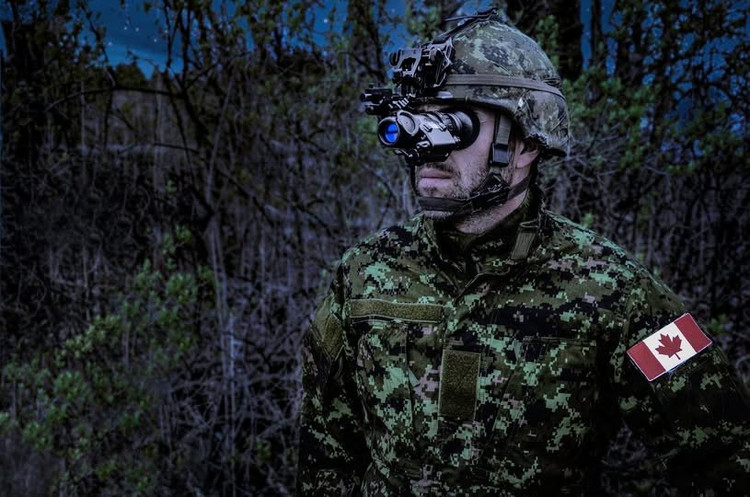
Canadian military personnel use night vision goggles while on duty. Photo: CAF
Bids for the contract to purchase night vision binoculars were expected to be submitted by May 2, 2025. However, last-minute changes to the specifications of the image intensifier tube, which is the core component of the binoculars, have virtually limited them to systems built by American companies.
That means these components would be subject to US arms export regulations, allowing the US to control the sale of these vital components.
The court found that the federal government did not provide a “sufficiently transparent or understandable reason” for the changes and recommended that Public Services and Procurement Canada (PSPC) amend and reissue the night vision binoculars solicitation.

Canada's prime minister has said he would look beyond the US for defence supplies, but military leaders say otherwise. Photo: Chris Young/The Canadian Press
PSPC spokeswoman Michèle LaRose said in an email that the government was aware of the court's decision "and is determining next steps."
“We look forward to participating in a revised tender process with fair and transparent criteria to provide the Canadian Armed Forces with the best possible BNVD technology,” said Frédéric Guilhem, chief commercial officer for night vision at Photonis.
Some Canadian defense companies are growing frustrated that the country's military has ignored calls from Prime Minister Mark Carney to reduce its reliance on U.S. suppliers and instead diversify contracts to focus on Canadian or European companies.
Canadian military leaders are close to their US counterparts and, despite the prime minister's directive, are in favor of strengthening ties.
Several NATO countries use Photonis image intensifiers in their night vision equipment, including Germany, Belgium, the United Kingdom, Spain, Sweden, the Netherlands, Finland, and Poland. French and Australian forces also use the Photonis system.
According to industry representatives, unlike US-made image intensifiers, there are no export restrictions on the Photonis system or other European-made night vision devices.
Concerns about US control of Canadian military equipment and systems have increased since the election of President Donald Trump, who has taken an unusually unorthodox stance toward Canada.
Representatives of domestic contractors have called for a shift away from economic dependence on the US and increased trade and defense ties with other countries.
The technical requirements for the night vision binoculars package were unexpectedly amended when the final request for quotations was published in early March 2025.
According to government documents discussing the procurement, companies complained about the change. In a series of written responses to the government, companies noted that the change “restricts the purchase of binoculars to U.S. sources, creating limited competition, increased equipment costs, and trade dependency.”
The companies requested a review of the original requests for procurement, but the Ministry of Defence and PSPC rejected the request, leading to a court appeal.
Source: https://khoahocdoisong.vn/canada-dung-mua-kinh-nhin-dem-cua-my-do-nghi-thao-tung-thau-post2149071566.html











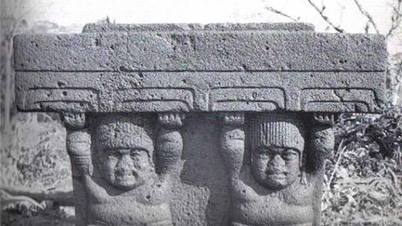
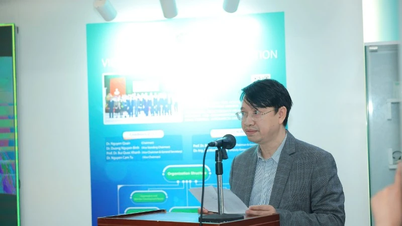
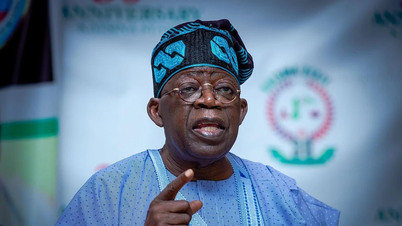
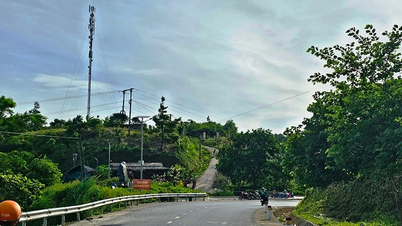




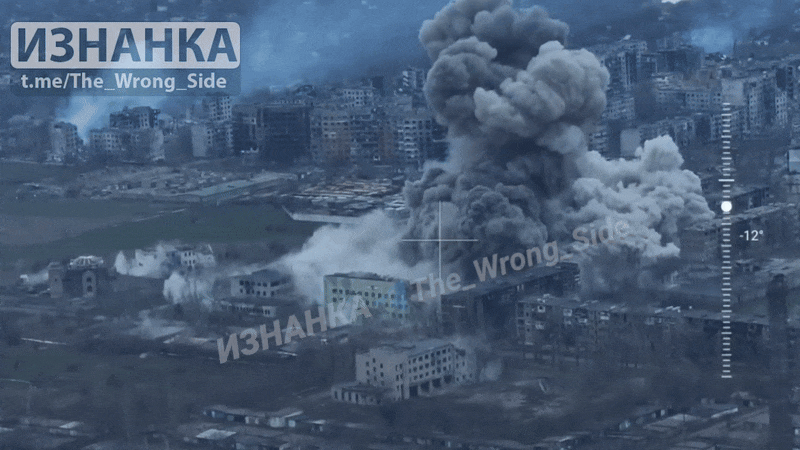
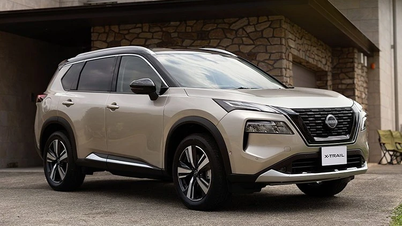
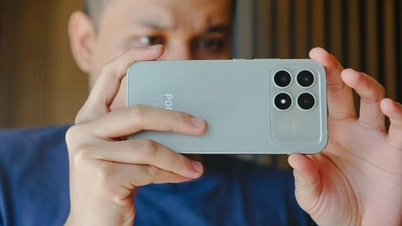


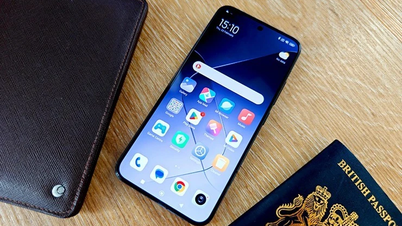






















































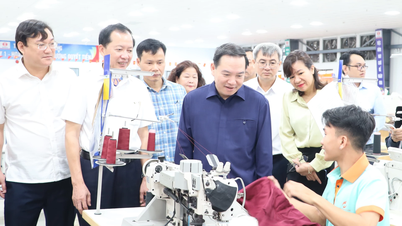


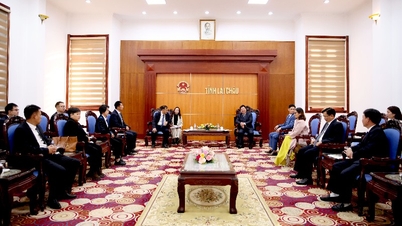
















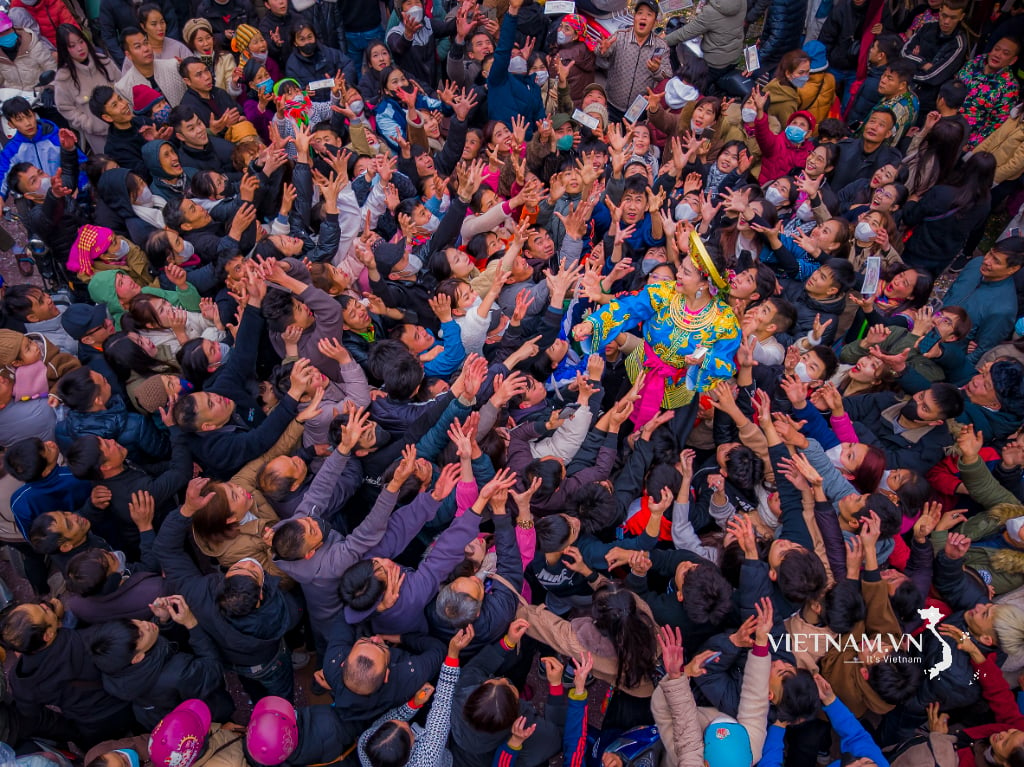
Comment (0)